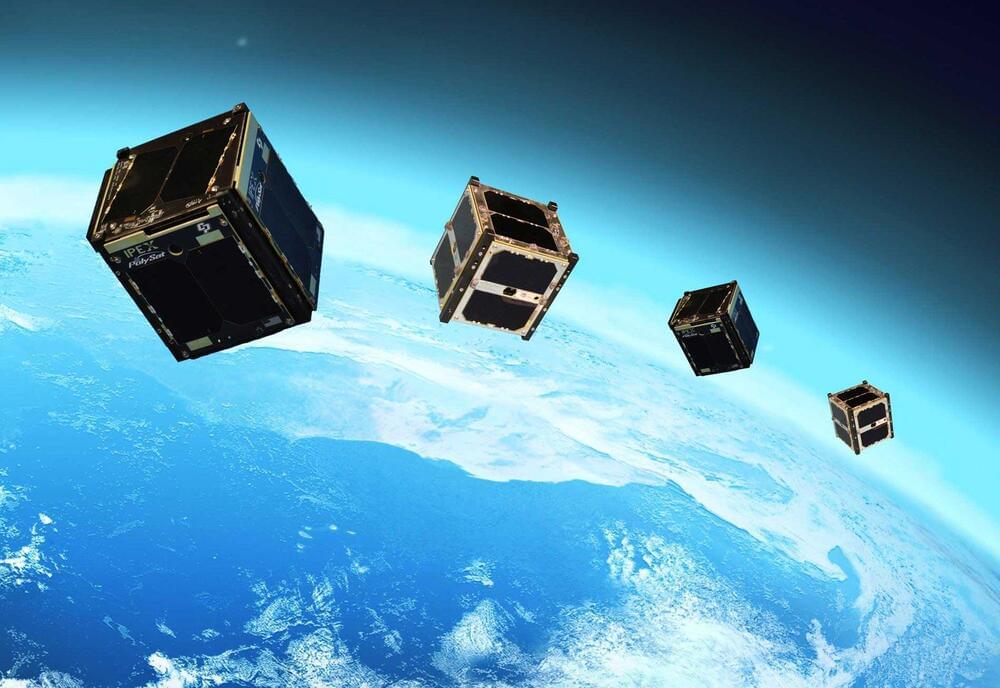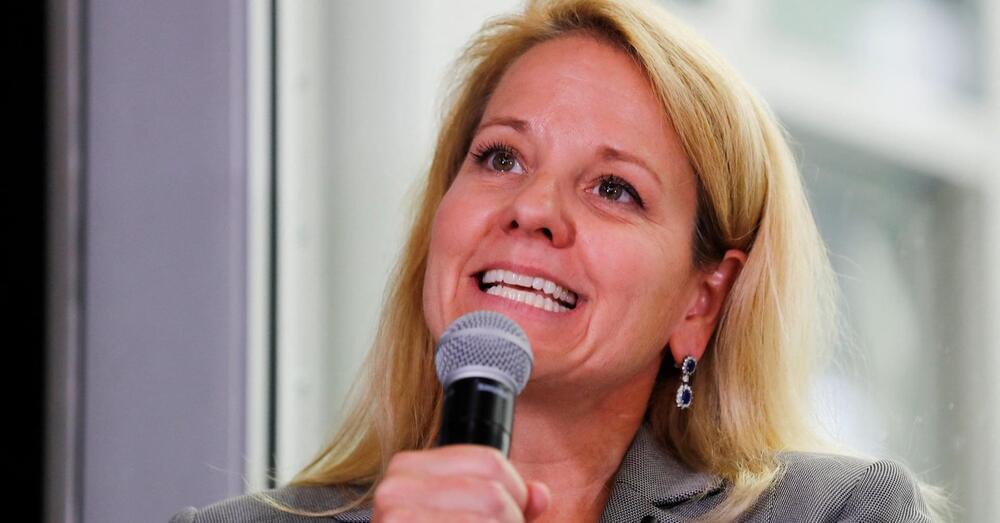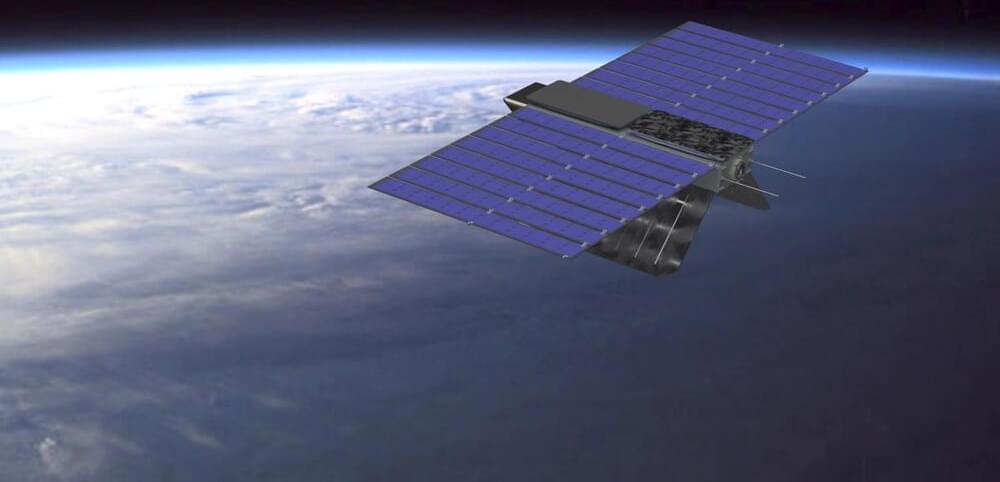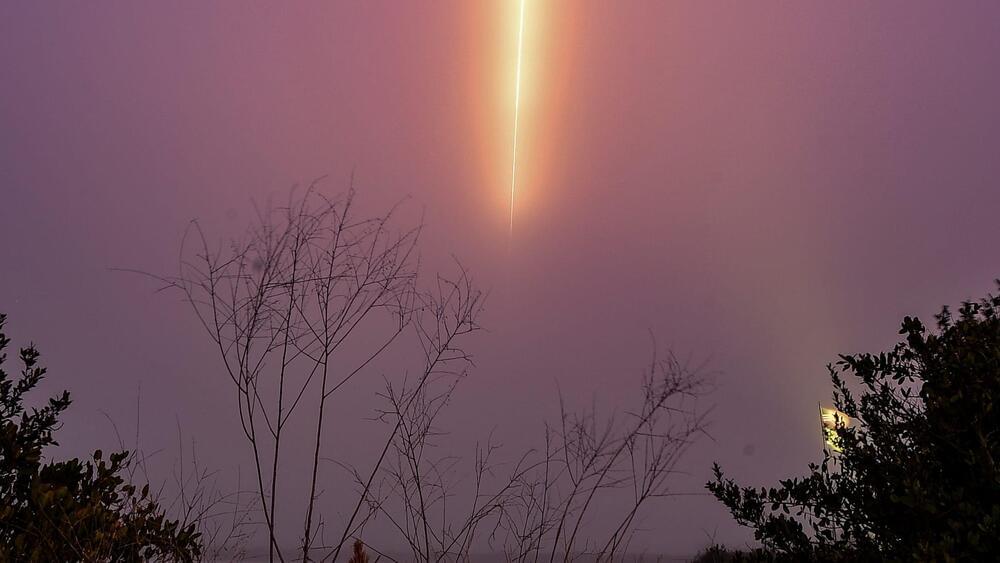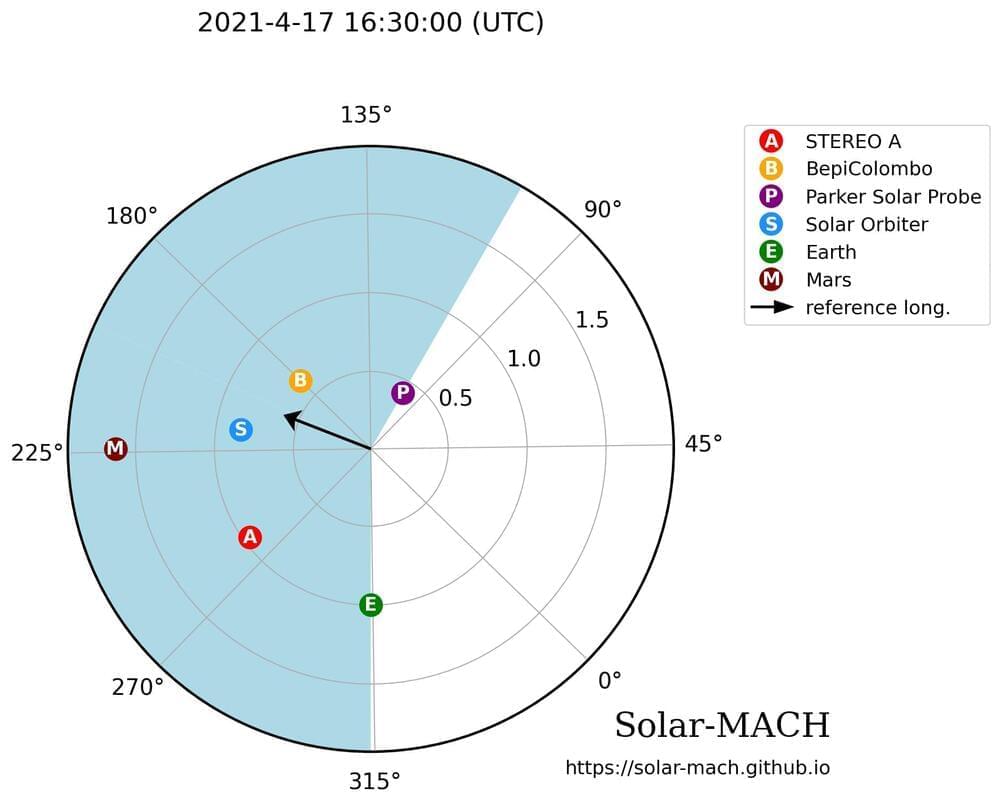NASA ’s CubeSat Launch Initiative (CSLI) is sending four CubeSats to the International Space Station to advance space-based technologies in solar power, gamma-ray burst detection, and water monitoring. Developed in collaboration with universities and NASA, these satellites aim to enhance our understanding of cosmic phenomena and Earth’s environmental dynamics.
NASA’s CubeSat Launch Initiative is sending a group of four small satellites, called CubeSats, to the International Space Station (ISS) as ELaNa 51 (Educational Launch of Nanosatellites). These small payloads have been developed by NASA and universities and will be deployed from low Earth orbit.
Once circling Earth, the satellites will help demonstrate and mature technologies meant to improve solar power generation, detect gamma-ray bursts, determine crop water usage, and measure root-zone soil and snowpack moisture levels.
